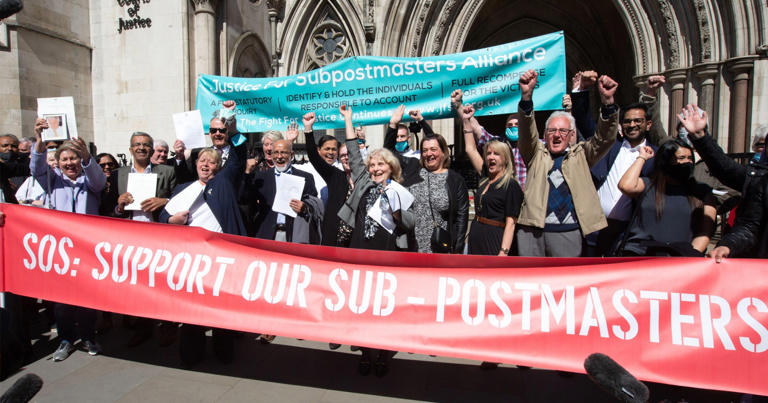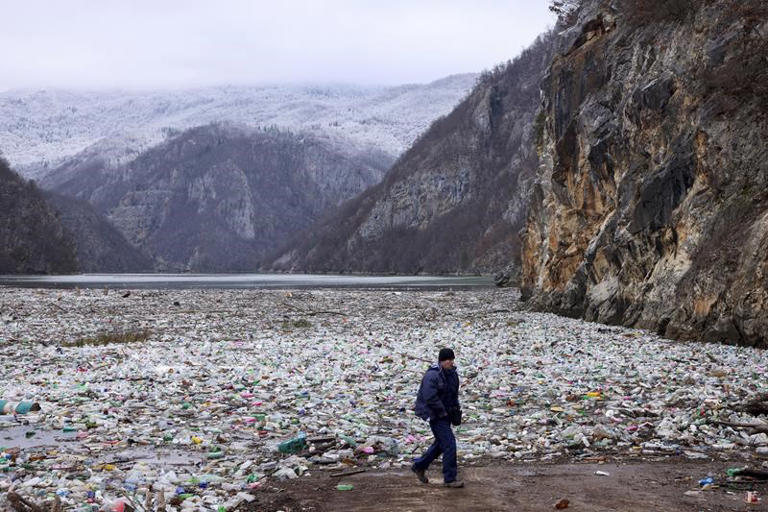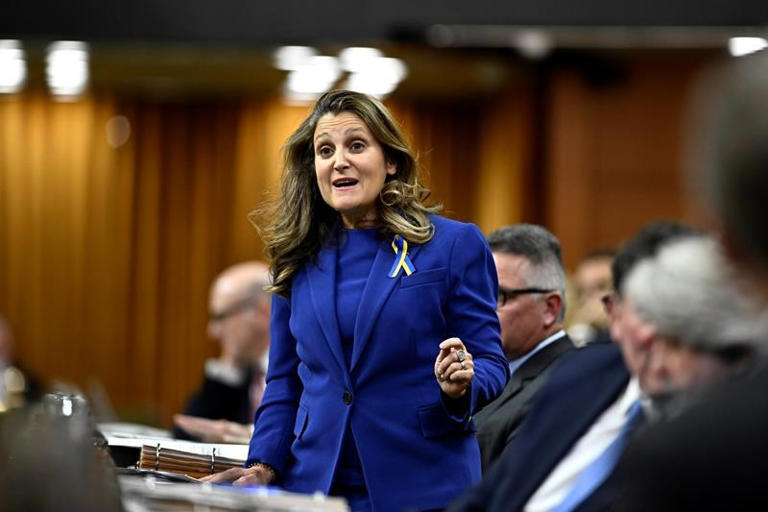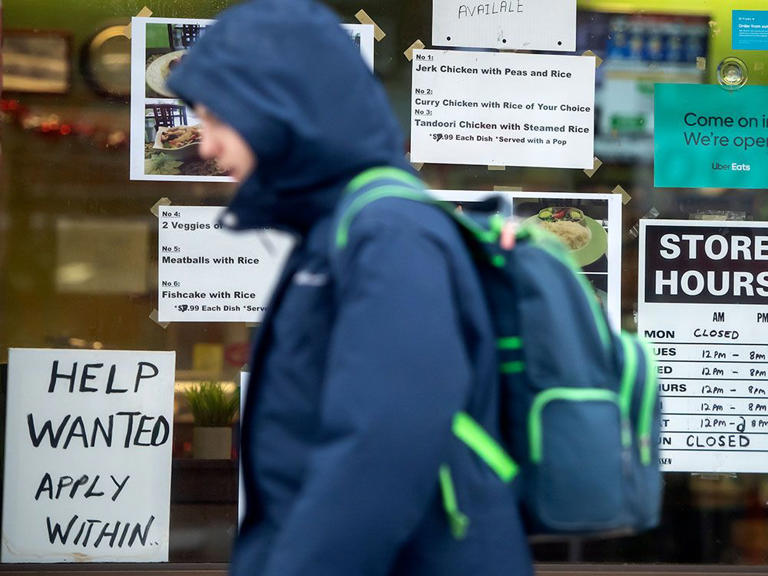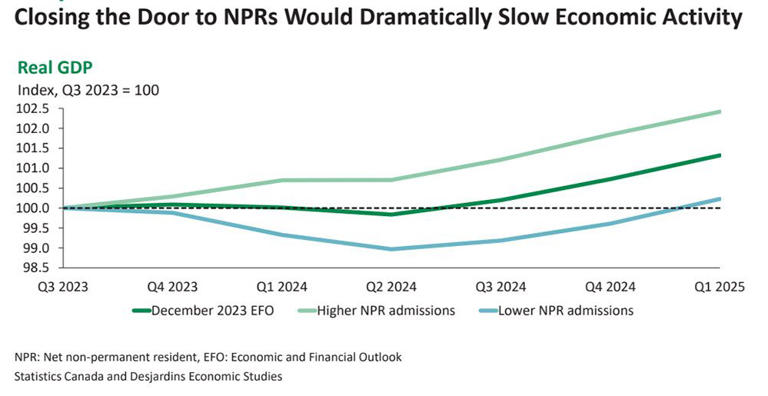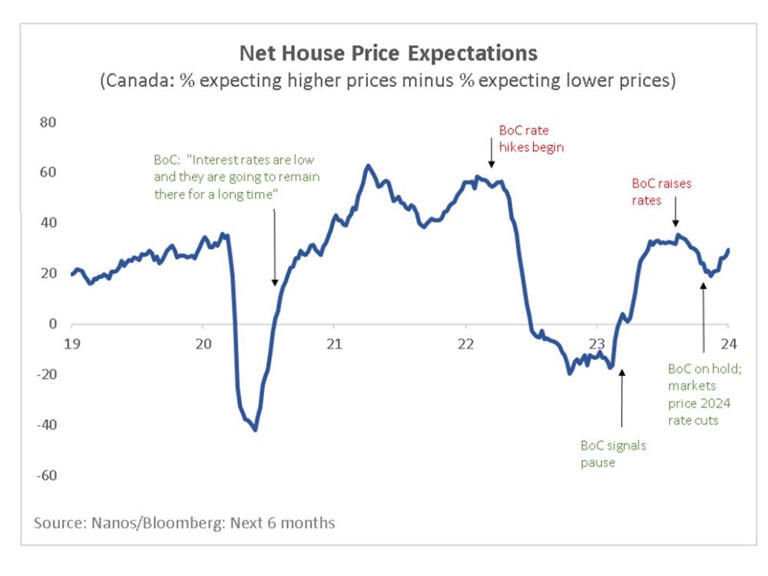U$A
DEI efforts are under siege. Here’s what experts say is at stake
When the murder of George Floyd by Minneapolis police set off a wave of racial unrest across the country in 2020, corporate America responded swiftly with renewed and public commitments to diversity, equity and inclusion (DEI).
Major companies created new DEI positions or expanded teams dedicated to DEI and the phrase became a buzzword across the business landscape. Many corporate leaders pledged to hire more people of color, removed branding perceived to be racist and invested in historically Black colleges
At the time, the efforts were largely met with public support, amid a so-called “racial reckoning” that laid bare a slew of systemic inequities in American society, including the workplace.
But nearly four years later, the very public ousting of Harvard’s first Black woman president earlier this week has led to a new firestorm of debate about DEI efforts in corporate America and beyond.
While Claudine Gay’s resignation from Harvard was linked to a plagiarism scandal and ongoing controversy over a congressional hearing on antisemitism last month, her departure inspired some critics to take aim at what they perceive as a broader failing of DEI efforts.
Among the most vocal of these critics pushing back against DEI is billionaire investor Bill Ackman, who in the wake of Gay’s departure posted a 4,000-word opus on X, the platform formerly known as Twitter, that blasted DEI as “inherently a racist and illegal movement in its implementation even if it purports to work on behalf of the so-called oppressed.”
Ackman’s lengthy thesis was later retweeted by billionaire Tesla and SpaceX CEO Elon Musk, who now owns the social media platform.
“DEI is just another word for racism. Shame on anyone who uses it,” Musk wrote in his post sharing Ackman’s screed on Wednesday. In a follow-up post, the world’s wealthiest person doubled down, adding, “DEI, because it discriminates on the basis of race, gender and many other factors, is not merely immoral, it is also illegal.”
As some of the most powerful business leaders in America level some of the loudest attacks yet against DEI, experts in the field insist that the term is widely misunderstood and unfairly weaponized by critics. They tell CNN DEI was created to build workplaces that more broadly reflect all of America and to foster safer, more inclusive work environments for people of all races, genders, sexual orientations and religious identities.
And they argue that the people fighting these efforts now risk alienating both employees and customers.
When DEI disappears
DEI initiatives in corporate America have long faced skepticism from both sides of the political aisle – with some voices on the left blasting these efforts as corporate window dressing that focuses more on publicity than enacting real change for people of color in the workplace.
Others on the right, meanwhile, have taken aim at these efforts, which they say unfairly disadvantage White workers.
Daniel Oppong, founder of The Courage Collective, a consultancy that advises companies on DEI, said the backlash toward DEI is unsurprising because other efforts to advance social justice in the US have historically been met with resistance.
What’s getting lost in the conversation, Oppong said, is the reason DEI was introduced to corporate America in the first place – because marginalized communities did not always have equal opportunities for jobs or feel a sense of belonging in corporate settings.
“That is the genesis of why some of these programs exist,” he said. “It was an attempt to try to create workplaces where more or all people can thrive.”
Shaun Harper, a USC professor and founder and executive director of the USC Race and Equity Center, said there are many misconceptions about DEI. It wasn’t, as some critics have claimed, created to exclude White people or White men from the workforce, he said.
Harper said many companies with DEI offices offer training that teaches employees how to unlearn stereotypes against certain groups, respect each other’s differences, and hire people of color without overlooking them because of personal bias.
“It’s not all divisive,” he said. “People can learn the skills that are needed to deliver on diversity and inclusion values.”
A pendulum swing
After a DEI hiring spree that began in late 2020, data suggests some businesses are now in fact reversing course on their efforts.
The most recent data on hiring from the job site Indeed shared with CNN Friday illustrates a pendulum swing in postings for DEI-related roles on the site.
After a more than 29% uptick in job postings with DEI in the title or description between November 2020 and November 2021, the data shows a more than 23% decline in the amount of job postings with “DEI” in the title or description between November 2022 and November 2023.
Corporate leaders who dismantle DEI programs risk creating a hostile work environment, Harper said.
“Leaders who are pulling the plug on DEI are doing so without understanding the long-term exposure to harm,” he said. “Doing away with DEI makes companies more – not less – susceptible to lawsuits, to costly levels of turnover among employees, reputational harm not only among employees but also among customers and clients and prospective partners who will refuse to work with a place because it’s such a mess.”
Separate data from the Pew Research Center published last May indicates deep divides in Americans’ attitudes towards DEI at work based on demographic and political lines.
While the Pew data finds that a majority of employed American adults (56%) say focusing on increasing DEI at work is a good thing, it also notes that a relatively small share of workers place a lot of importance on diversity at their workplace. Only about three in 10 respondents say it is extremely or very important to them to work somewhere with a mix of employees of different races and ethnicities or ages, according to Pew.
Moreover, the survey found 78% of Democratic and Democratic-leaning workers say focusing on DEI at work is a good thing, compared with just 30% of Republican and Republican-leaning workers.
The data also shows American workers have disparate views on how much attention their employers are paying to DEI. About half of the workers (54%) surveyed by Pew said their company or organization pays the right amount of attention to increasing DEI, while 14% say their employer pays too much attention and 15% say their employees pay too little attention.
The political and cultural divide was also reflected in the responses to posts from Ackman and Musk. Mark Cuban, billionaire businessman and minority owner of the Dallas Mavericks, pushed back on Musk’s posts in a thread defending DEI as good for businesses and their workers.
“The loss of DEI-Phobic companies is my gain,” Cuban wrote. “Having a workforce that is diverse and representative of your stakeholders is good for business.”
Cuban is far from alone. Hundreds of C-suite executives in the United States said their organizations remained committed or increased diversity, equity and inclusion efforts since 2022, according to a survey published this month by the employment law firm Littler.
More than half of the executives who answered the survey agreed that backlash toward corporate DEI efforts has increased since the Supreme Court overturned affirmative action in June, but 69% said it has not caused their organization to change its approach to DEI efforts.
Still, Harper said the recent backlash against DEI, along with the exodus of people in DEI roles at major companies in the last two years, demonstrates that many diversity commitments in 2020 were short-lived.
“Many companies jumped on the bandwagon at the moment because it was fashionable and en vogue to do so,” Harper said.
Oppong said he feels companies are experiencing “diversity fatigue” because their 2020 initiatives were not sustainable.
“Part of the challenge is that a lot of folks in chief DEI office roles, they were not set up for success in the first place,” he said, adding that colleagues in the field have told him they’ve had to fight for funding for their teams.
“That just shows the surface level investment in the work.”
Still, Oppong said, as the US becomes more diverse, so are the consumers for many major companies.
“The consequence is you’re not going to effectively serve the shifting demographics of the (country) and it reduces your customer base,” he said.
CNN’s Nicole Chavez contributed to this report.
For more CNN news and newsletters create an account at CNN.com



